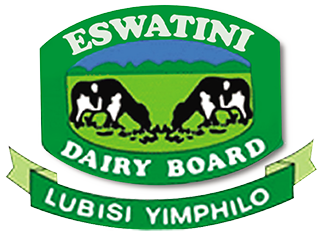What it takes to be a dairy farmer
Dairy farming needs a hard working, determined and patient person. The aspiring dairy farmer must know there are no holidays throughout the year. Dairy cattle have to be fed, watered, cleansed, their health monitored continuously and milked everyday at specified times. Milking intervals must be kept constant (adhered to).
A dairy farmer must have basic training in bookkeeping and keep records on the running of the dairy and artificial insemination (A.I.). Dairy cattle have to be loved and treated carefully for if a farmer treats them roughly, they will retain their milk, which will result in mastitis.
The dairy manager or farmer should have a very good working relationship with his farm workers. Where possible a dairy farmer should produce his/her own fodder because 75% of the farms income is spent on feed.
Unproductive cattle should be culled, as it would be costly to keep them on the farm. There should be constant supply of milk, therefore dairy cattle oestrus (heat) should be desynchronised and 75% of the herd should be in milk at any given time.
Milking machines must be serviced regularly to ensure efficient and effective operations failing which the cow’s udder will be lost through inflammation of the udder given the high pressures. Strict hygiene should be kept at all times in the open cow sheds (kraals) in the milking parlour and the cows should be kept clean.
After milking the cows udder should be disinfected and kept standing for at least five (5) minutes to enable closure of the sphincter muscle in the teat canal.
When hand milking is practiced, milkers should always be clean and to wash hands thoroughly with soap before milking and after using the toilets. Milkers should not have cuts on their hands and should not be suffering from any contagious disease.
Dairy cattle should be stall-fed and not to move distances grazing because the energy they use to move long distances grazing could be used for milk synthesis.
